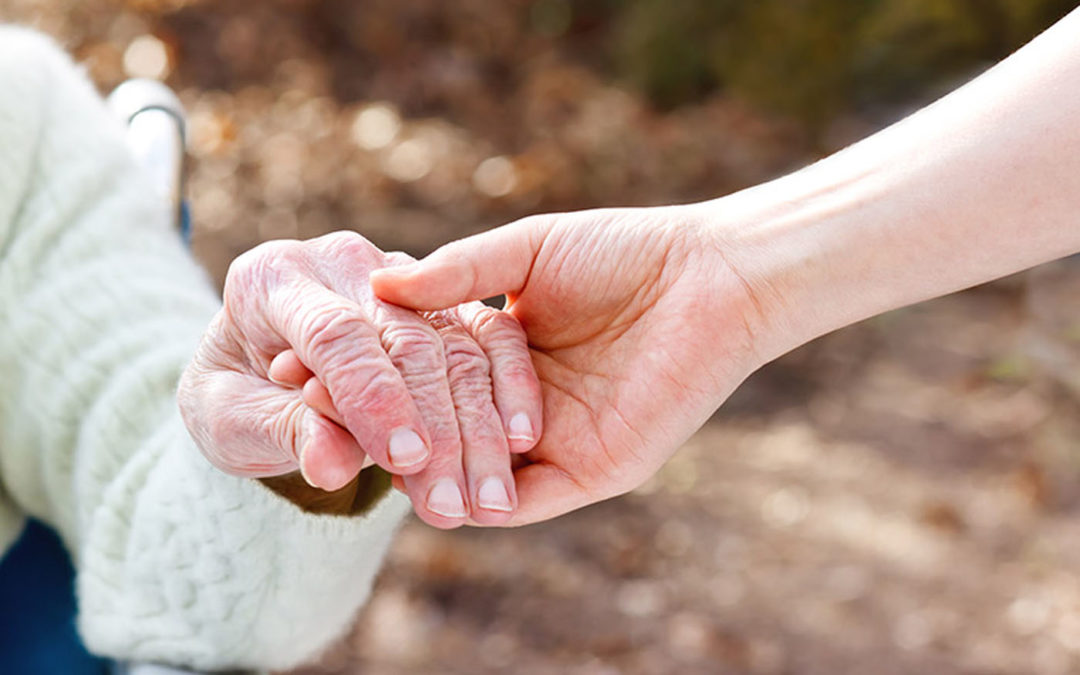
Co-written by EAS Board member Risa Breckman and elder justice advocate Philip C. Marshall
Excerpts taken from “When Helping Hurts” originally published in the Huffington Post on April 26, 2017.
In 2006, newspapers around the country headlined the story that Brooke Astor, the legendary New York City philanthropist and socialite, was financially exploited and neglected by her son and attorney. The case attracted national attention as her grandson, with the help of others, sought elder justice – first, by petitioning for guardianship to help his grandmother and those who were (also) helping her, and second, to help bring some of her perpetrators (his father included) to justice. The Elder Abuse Unit of the New York County’s District Attorney’s Office indicted and convicted Brooke Astor’s son and attorney. Elder justice was realized.
That is rare. Most of the millions of elder abuse victims, their suffering shrouded in silence, do not receive justice. Only one in 24 elder abuse cases are reported to authorities. What is not rare is that, despite an almost total lack of support or resources, family, friends and neighbors step up to help. Yet helping hurts, as confirmed by new findings of our research.
Studies show that when findings are extended to the general population (U.S. Census Bureau, 2016), approximately 73 million adult Americans have had personal knowledge of a victim of elder mistreatment. Further, approximately 44 million adult Americans have become involved in helping an elder abuse victim. And for over 32 million adult Americans, just knowing about an elder abuse situation is generally highly stressful. Actually providing help to the victim tends to intensify this personal distress.
What can communities do? A new program to be launched this spring in New York City is a beginning. The New York City Elder Abuse Center is launching a pilot helpline for concerned persons assisting elder mistreatment victims residing in New York City. This is an important first step, but the need is great. Programs must be developed for concerned persons — and elder abuse victims — in every community. This will require support from foundations, private philanthropists, businesses and government. Brooke Astor fervently believed in a collectively expressed philanthropy, a “love of humanity.” Perhaps through the realization of her vision, in steps big and small, we will begin to achieve the elder justice Mrs. Astor didn’t live to experience herself.
http://www.huffingtonpost.com/entry/58ceea26e4b0537abd957226

